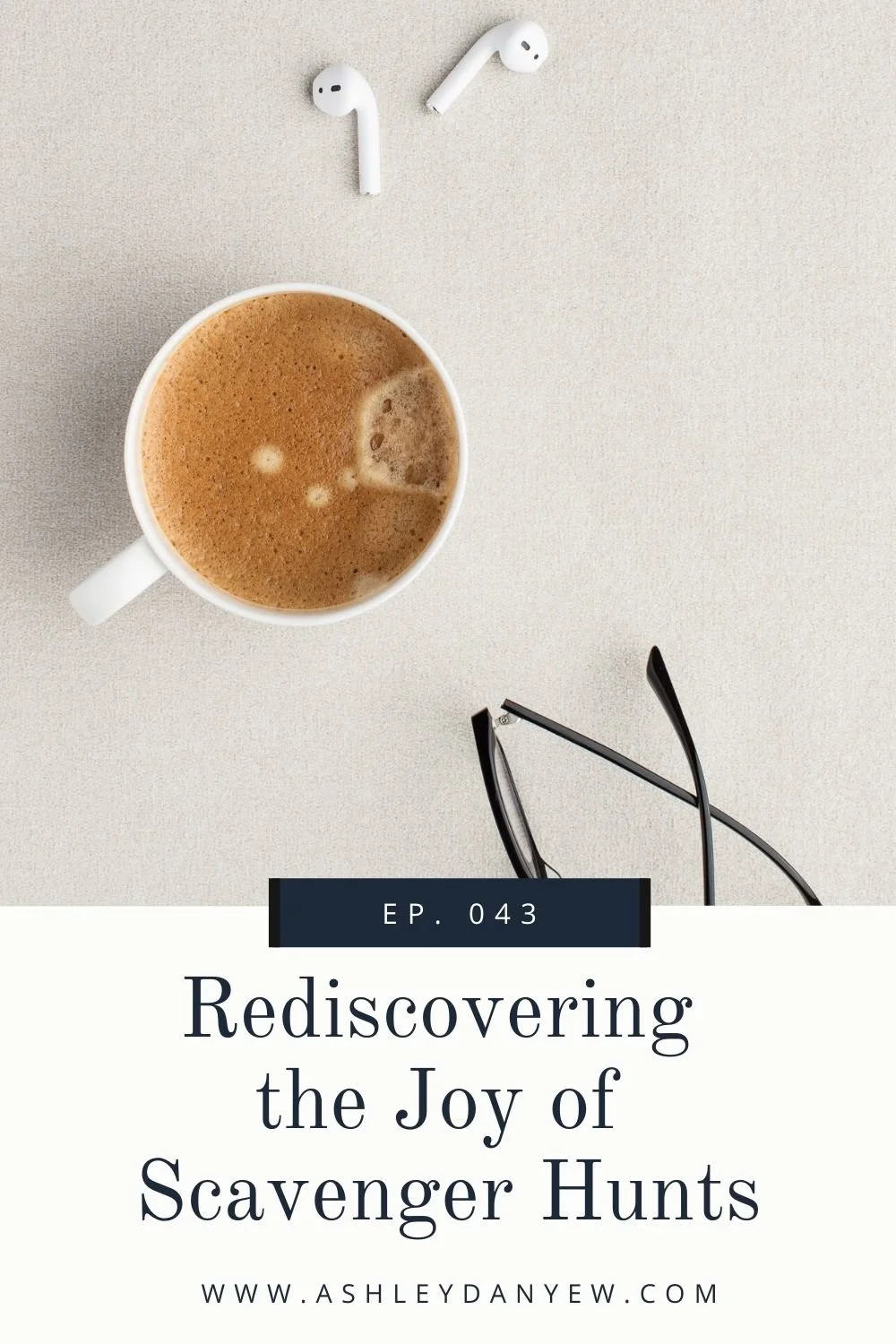![046 - 6 Practical Tips for Designing Your Music Teaching Career]()
We talk a lot about the teaching and learning process on this podcast and what that looks like in practical, real-life experiences. But today, I want to take a step back and talk about what it looks like in the beginning, when you're just getting started.
Maybe you're just beginning your teaching career or you’re pivoting to teaching after doing something else. Maybe you've been teaching for a while but you're looking for ways to evolve and further develop or shape your career.
Wherever you are in your career, we’re all aspiring to be better musicians, teachers, and artists. In this episode, I'll share seven practical tips for designing and developing your music teaching career.
Music careers in the 21st century are flexible and diverse and they often include more than one thing. Many of you are freelancers or self-employed, curating opportunities and crafting a creative career based on your varied skillsets and interests.
Today, I want to focus on music education and ways to incorporate that into the work you do. Because whether or not you pursued or are pursuing a degree in music education, teaching will invariably be part of your career, if it isn’t already. I’ll explain more about what that might look like in this episode.

















